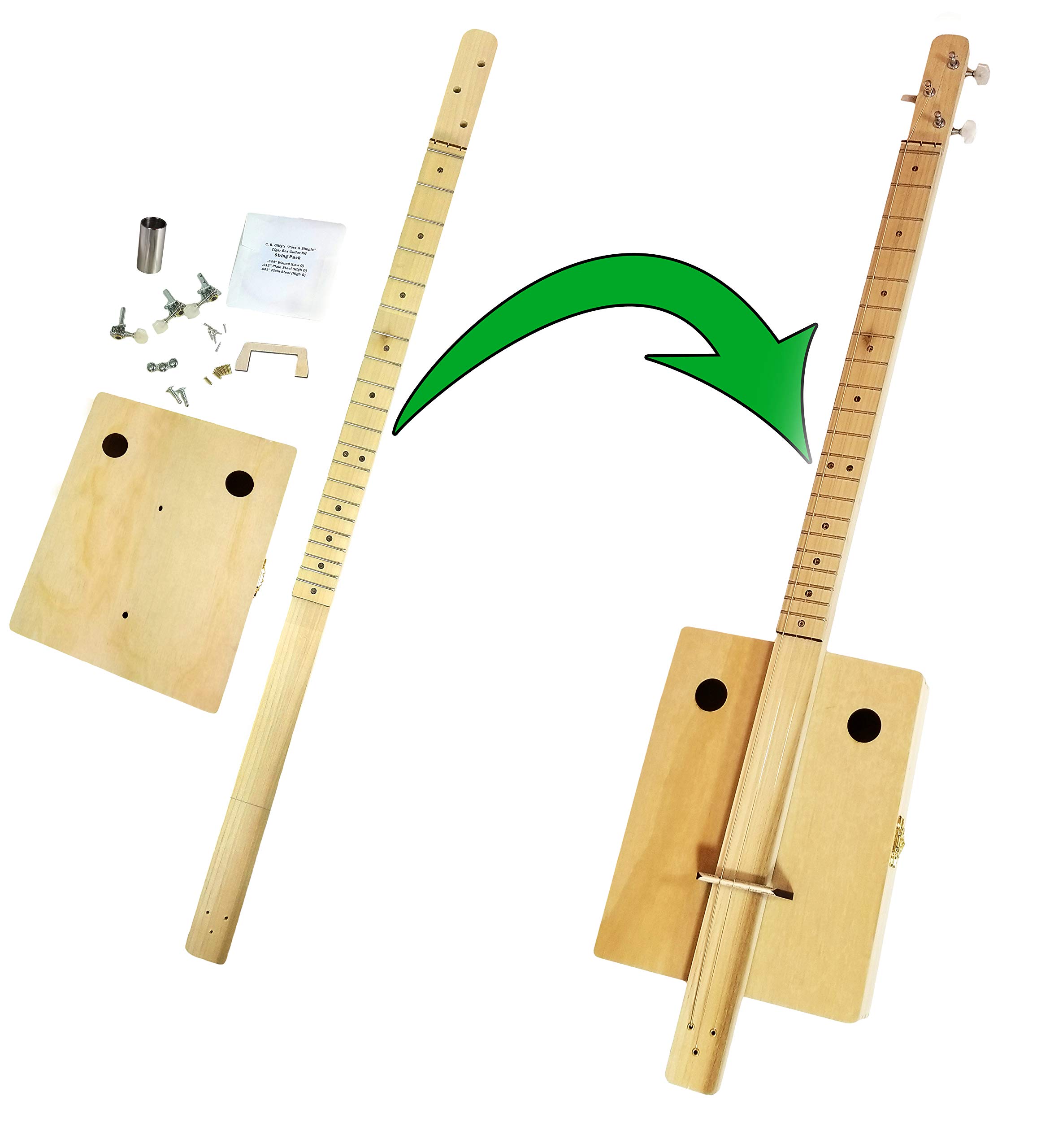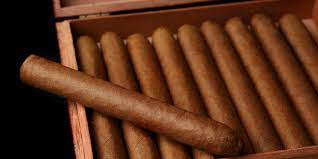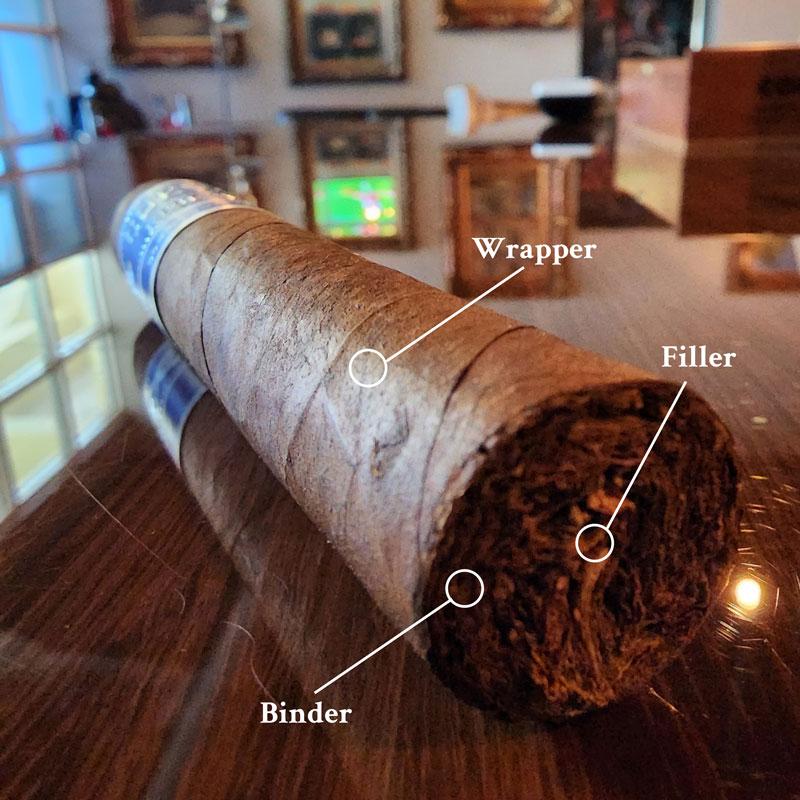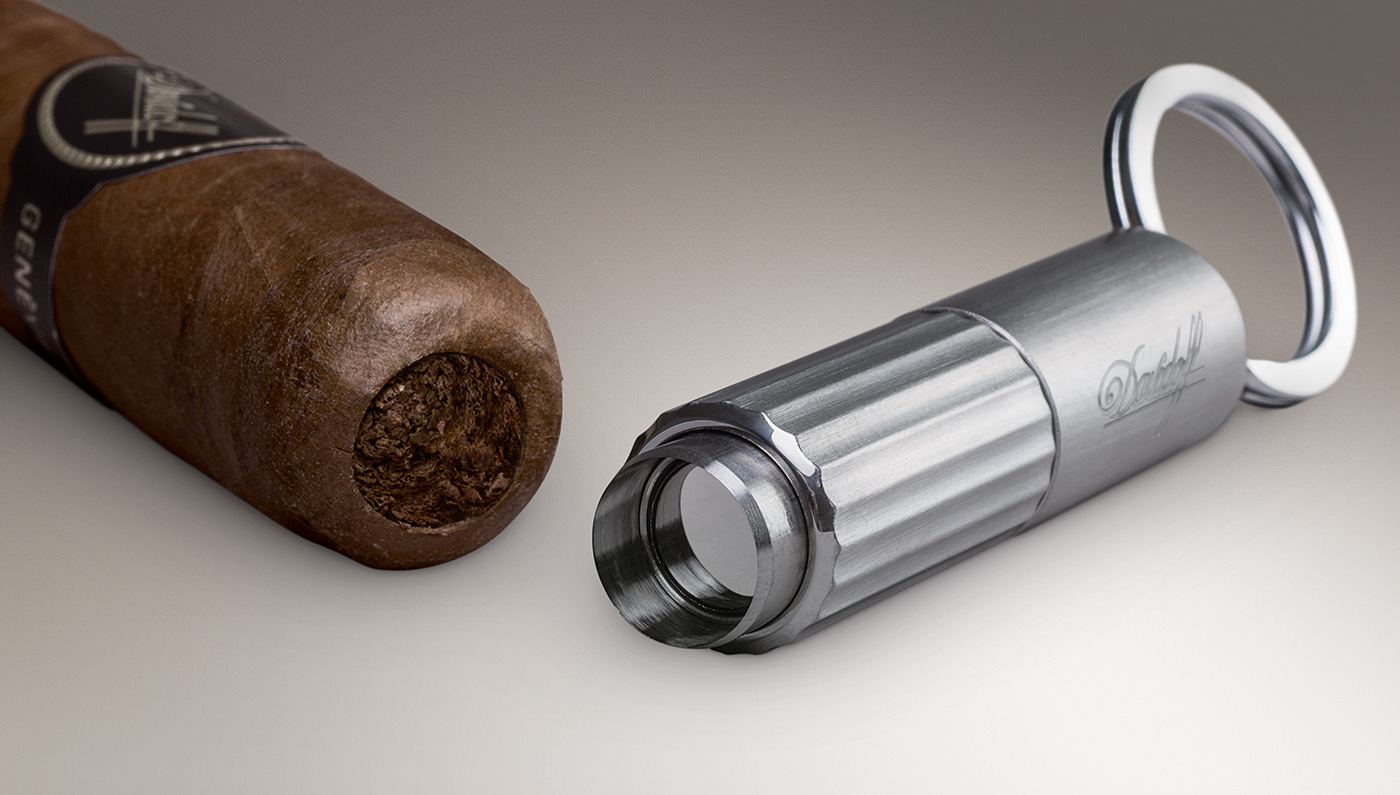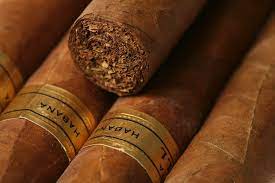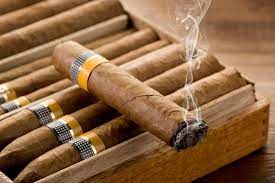5 Best Cigars Effective Ways to Reduce Humidity in Your Humidor and Preserve Your Cigars
Having the perfect humidity level in your humidor is crucial for preserving the quality and flavor of your cigars. High humidity can lead to mold growth, while low humidity can cause the cigars to dry out and lose their taste. If you’re struggling with excessive humidity in your humidor, there are several effective ways to bring it down to the desired level.
1. Use a dehumidification device. Investing in a dehumidification device specifically designed for humidors is an effective way to regulate humidity levels. These devices use various methods, such as moisture-absorbing beads or electronic sensors, to remove excess moisture from the air.
2. Rotate the cigars. If you notice a localized area of high humidity in your humidor, try rotating the cigars to different sections. This will allow the moisture to distribute more evenly, preventing any particular spot from becoming overly humid.
3. Remove excess moisture. If you have a few cigars that are emitting excessive moisture, remove them from the humidor temporarily. This will help lower the overall humidity level. You can reintroduce them once the humidity has been brought down to the desired range.
4. Open the humidor periodically. Allowing fresh air to circulate inside the humidor can help reduce humidity. Open the humidor for a few minutes every couple of days, but be careful not to leave it open for too long, as this can cause significant fluctuations in humidity.
5. Monitor the humidity level. Regularly check the humidity level in your humidor using a reliable hygrometer. This will help you identify any fluctuations and take appropriate measures to correct them. Aim for a humidity level of around 65-70% for optimal cigar storage.
By implementing these effective ways to decrease humidity in your humidor, you can ensure that your cigars remain in perfect condition, ready to be enjoyed at any time.
Understanding the Importance of Humidity Control in Your Humidor
Proper humidity control is essential for maintaining the quality and condition of your cigars. Humidity is a crucial factor in the aging process and can greatly impact the taste, aroma, and overall smoking experience.
Preserving Flavor and Aroma
Cigars are made from tobacco leaves, which contain natural oils and sugars that contribute to their unique flavor and aroma. These oils and sugars can be easily compromised by fluctuations in humidity. If the humidity is too high, the oils can become rancid and the sugars can ferment, resulting in a sour or bitter taste. On the other hand, if the humidity is too low, the cigars can dry out and lose their oils, resulting in a flat or harsh taste.
By maintaining a consistent humidity level in your humidor, you are ensuring that the cigars retain their natural flavors and aromas, allowing you to fully enjoy the complexities of the tobacco.
Preventing Damage and Mold Growth
Excess moisture in your humidor can lead to the growth of mold, which can be detrimental to the integrity of your cigars. Mold can not only ruin the appearance of the cigars but can also produce spores that can contaminate the tobacco, compromising its quality.
Furthermore, high humidity levels can cause the wrappers of the cigars to become sticky or unravel, making them difficult to smoke. This can result in a poor draw and uneven burn.
Conversely, low humidity levels can cause the cigars to become brittle and prone to cracking. This can lead to a loss of tobacco and an unpleasant smoking experience.
Optimal Aging and Maturation
Many cigar enthusiasts choose to age their cigars in a humidor to enhance their flavors and allow them to reach their full potential. Proper humidity control plays a vital role in this process.
The aging process relies on the gradual breakdown of complex compounds within the tobacco leaves. This breakdown, also known as fermentation, is influenced by humidity. If the humidity is too high or too low, the aging process can be disrupted, resulting in inconsistent flavors and aromas.
By maintaining a stable humidity level within the recommended range (usually around 65-70% relative humidity), you are providing the ideal conditions for your cigars to age gracefully and develop deep, rich flavors.
In conclusion, humidity control in your humidor is crucial for preserving the taste, aroma, and overall quality of your cigars. By understanding and implementing proper humidity control methods, you can ensure that your cigars are always in optimal condition and ready to be enjoyed.
Factors Affecting Humidity Levels in Your Humidor
There are several factors that can affect the humidity levels in your humidor. Understanding these factors is essential for maintaining the ideal environment for your cigars.
1. Temperature
The temperature inside your humidor plays a crucial role in humidity control. Higher temperatures can lead to increased evaporation of moisture, causing the humidity levels to drop. On the other hand, cooler temperatures can reduce evaporation, leading to higher humidity levels. It is recommended to keep your humidor at a temperature between 65°F and 70°F (18°C to 21°C) for optimal humidity regulation.
2. Humidor Seal
The quality of the seal on your humidor is another significant factor in maintaining humidity levels. A poorly sealed humidor can allow moisture to escape, resulting in lower humidity. It is crucial to regularly inspect the seal and ensure that it is tight and in good condition. If you notice any gaps or cracks, use a humidor sealant to fix them and preserve the optimal humidity levels.
3. Hygrometer Accuracy
A reliable and accurate hygrometer is essential for monitoring humidity levels in your humidor. If your hygrometer is not calibrated correctly, it may provide inaccurate readings, leading to challenges in humidity regulation. Regularly calibrate your hygrometer using a calibrated hygrometer or a salt test to ensure accurate humidity readings.
4. Cigar Storage Quantity
The number of cigars stored in your humidor can influence the humidity levels. If your humidor is overstuffed, it can restrict airflow and increase humidity. On the other hand, a humidor with too few cigars may lead to higher humidity due to excess moisture in the empty space. Find the right balance by keeping your humidor filled to around 70-75% of its capacity.
5. Humidification Device
The type and quality of the humidification device you use have a significant impact on humidity levels. Some humidors come with built-in humidification systems, while others require separate devices such as gel jars or beads. It is important to choose a reliable humidification device that can effectively maintain the desired humidity levels for your cigars.
By considering and controlling these factors, you can ensure that your humidor maintains the optimal humidity levels for storing and preserving your cigars.
Monitoring Humidity Levels in Your Humidor
Monitoring humidity levels in your humidor is essential to ensure the quality and longevity of your cigars. Without proper humidity control, cigars can dry out or become overly moist, leading to a compromised smoking experience. Here are some effective ways to monitor humidity levels in your humidor:
1. Hygrometer
The most common method of monitoring humidity levels in a humidor is by using a hygrometer. A hygrometer is a device that measures the moisture content in the air. It is usually placed inside the humidor and provides accurate real-time humidity readings. You can choose from analog or digital hygrometers, depending on your preference and budget.
2. Calibration
It is essential to calibrate your hygrometer regularly to ensure accurate readings. Calibration involves adjusting the hygrometer to match a known humidity reference point. There are calibration kits available on the market that make the process quick and straightforward. By calibrating your hygrometer, you can trust that the humidity levels displayed are accurate.
3. Check the Seal
The seal of your humidor plays a crucial role in maintaining proper humidity levels. Periodically check the seal to ensure there are no gaps or leaks that could allow humidity to escape or enter the humidor. A tight, proper seal will help maintain consistent humidity levels and protect your cigars.
4. Monitor the Humidification Device
The humidification device inside your humidor, such as a humidifier or beads, should also be monitored. Check regularly to ensure it is functioning correctly and adding the necessary moisture to maintain the desired humidity level. Replace the humidification device if it becomes worn out or ineffective.
By actively monitoring the humidity levels in your humidor, you can ensure that your cigars are stored and aged properly. This will result in a better smoking experience and protect your investment in premium cigars. Regularly check the hygrometer, calibrate as needed, inspect the seal, and monitor the humidification device to maintain optimal humidity levels.
Choosing the Right Humidification System for Your Humidor
When it comes to maintaining the perfect humidity level in your humidor, choosing the right humidification system is crucial. There are several options available, each with its own advantages and disadvantages. Understanding the different types of humidification systems can help you make an informed decision.
1. Passive Humidification
Passive humidification systems are simple and cost-effective options. They typically consist of a water-filled container or sponge that releases moisture into the humidor. While this method is easy to use, it may not be as precise or reliable as other options.
2. Active Humidification
Active humidification systems use a device, such as a humidifier or electronic device, to actively control and maintain the humidity level in the humidor. These systems often offer more precise and consistent humidity control, but they can be more expensive.
3. Gel Humidification
Gel humidification systems use a gel-like substance that absorbs and releases moisture to maintain the desired humidity level. These systems are easy to use and generally require less maintenance than other options. However, they may not be as effective in larger humidors or in areas with extreme humidity fluctuations.
4. Bead Humidification
Bead humidification systems use small beads that absorb and release moisture based on the surrounding humidity. They are often considered one of the most reliable options for maintaining a consistent humidity level. Bead systems require occasional recharging or replacement to ensure optimal performance.
5. Electronic Humidification
Electronic humidification systems use sensors and electronic controls to monitor and adjust the humidity levels automatically. These systems are often the most precise and convenient option, but they can be more expensive.
To choose the right humidification system for your humidor, consider factors such as the size of your humidor, your desired level of humidity control, and your budget. It’s important to regularly monitor the humidity level in your humidor and make adjustments as needed to ensure your cigars stay fresh and flavorful.
Proper Air Circulation in Your Humidor
Proper air circulation is crucial for maintaining the ideal humidity level in your humidor. Without adequate airflow, excess moisture can accumulate and result in mold growth or uneven humidity distribution.
To ensure proper air circulation, there are a few key steps you can take:
1. Positioning the cigars:
When placing your cigars in the humidor, be mindful of how you arrange them. Leave some space between each cigar to allow air to flow around them. Avoid overcrowding, as it can restrict air circulation and lead to uneven humidity levels.
2. Rotating cigars:
Regularly rotating your cigars is another effective way to promote air circulation. By shifting their positions within the humidor, you can prevent moisture buildup and ensure that each cigar receives an equal amount of humidity.
3. Using a hygrometer:
Investing in a hygrometer is essential for monitoring the humidity level inside your humidor. It will help you identify any areas with poor air circulation or excessive moisture. By regularly checking and adjusting the humidity settings, you can maintain an optimal environment for your cigars.
4. Checking the seal:
Inspect the seal of your humidor regularly to ensure that it’s tight and secure. Air leaks can disrupt proper air circulation and affect the humidity level. If you notice any gaps or cracks, consider using a humidor sealant or replacing the seal altogether.
In conclusion, proper air circulation is crucial for maintaining the ideal humidity level in your humidor. By following these tips, you can prevent mold growth and ensure even humidity distribution for your cigars.
The Role of Temperature in Controlling Humidity in Your Humidor
When it comes to maintaining the perfect humidity level in your humidor, temperature plays a crucial role. The relationship between temperature and humidity is a delicate balance, and understanding this connection is essential for cigar enthusiasts.
Your humidor is designed to create a stable environment for your cigars, and temperature is a key factor in achieving this goal. The ideal temperature for a humidor is typically around 68-70 degrees Fahrenheit (20-21 degrees Celsius). This temperature range ensures that the tobacco leaves do not dry out too quickly or become overly moist.
Temperature affects the humidity in your humidor in two significant ways. Firstly, higher temperatures can cause the moisture content in the air to evaporate more quickly. This increased evaporation rate can lead to a drop in humidity levels, leaving your cigars dry and potentially damaged. Conversely, cooler temperatures can inhibit the evaporation process, resulting in higher humidity levels.
It’s essential to monitor the temperature in your humidor regularly. Fluctuations in temperature can have a direct impact on humidity levels and the overall condition of your cigars. Rapid temperature changes, such as moving your humidor from a warm room to a cold one, can cause the air inside to contract or expand, leading to cracks or damage in the humidor seal. This compromised seal can lead to unstable humidity levels.
Maintaining a stable temperature is crucial to ensure the humidity level remains consistent. To achieve this, it’s best to place your humidor in a temperature-controlled environment away from direct sunlight and other heat sources. Avoid storing your humidor in areas with extreme temperature fluctuations, such as garages or attics.
In addition to controlling the temperature surrounding your humidor, it’s vital to allow your cigars to adjust gradually when moving them to different environments. For example, if you are traveling with your cigars, it’s best to give them time to acclimate to the new temperature gradually. This will help prevent any sudden changes in humidity.
By understanding the role of temperature in controlling humidity in your humidor, you can ensure that your cigars remain in optimal condition. Monitoring and maintaining a stable temperature is fundamental to create the perfect cigar storage environment, allowing you to enjoy your cigars to the fullest.
How to Reduce Humidity in Your Humidor
If you find that the humidity in your humidor is too high, there are several steps you can take to reduce it and maintain the ideal environment for your cigars.
1. Remove Excess Moisture
The first step is to remove any excess moisture that may be present in your humidor. This can be done by using silica gel packets or a humidity reducing device such as a Boveda pack. These products will absorb the excess moisture and help to lower the humidity level inside the humidor.
2. Open the Lid
Another simple way to decrease humidity is to open the lid of your humidor for a short period of time. This will allow some of the moisture to escape and the humidity level to decrease. However, be careful not to leave the lid open for too long, as this can cause the humidity to drop too low and affect the condition of your cigars.
3. Increase Airflow
Improving the airflow inside your humidor can also help to reduce humidity. You can do this by placing a small fan or a hygrometer with a built-in fan inside the humidor. The increased airflow will promote evaporation and help to lower the humidity level.
4. Use Humidity-Controlled Containers
If you are consistently struggling with high humidity levels, you may consider using humidity-controlled containers within your humidor. These containers can help to regulate the humidity by absorbing excess moisture or releasing moisture as needed. They are particularly useful in humid climates where humidity levels are difficult to control.
Remember, it’s important to regularly monitor the humidity level inside your humidor and make adjustments as necessary. By following these steps, you can ensure that your cigars are stored in the optimal conditions and maintain their quality over time.
| Step | Description |
|---|---|
| 1 | Remove excess moisture using silica gel packets or a humidity reducing device. |
| 2 | Open the lid of your humidor for a short period of time to allow excess moisture to escape. |
| 3 | Improve airflow by using a small fan or a hygrometer with a built-in fan. |
| 4 | Consider using humidity-controlled containers to regulate the humidity. |
Maintenance and Cleaning Tips for Your Humidor
Proper maintenance and cleaning of your humidor is essential for ensuring that your cigars are stored in optimal conditions. Here are some tips to help you keep your humidor in top shape:
- Regularly check the hygrometer to monitor the humidity levels. It is recommended to keep the humidity level around 70-72% for most cigars.
- Inspect the seal on your humidor to make sure it is properly closed. A faulty seal can lead to moisture escaping or entering the humidor.
- Clean the interior of your humidor regularly using a soft, damp cloth. Avoid using harsh cleaning agents or solvents as they can damage the wood.
- Avoid placing your humidor in direct sunlight or near heating or cooling vents, as extreme temperature fluctuations can affect the humidity levels.
- Rotate your cigars periodically to ensure even exposure to humidity. This can help prevent uneven drying or molding.
- If you notice mold or mildew, remove the affected cigars and thoroughly clean the interior of the humidor with a mixture of distilled water and mild soap. Allow it to dry completely before reassembling.
- Consider using distilled water or a propylene glycol solution to maintain the desired humidity level in your humidor. Avoid using tap water, as it can contain impurities that may affect the taste and aroma of your cigars.
- If you plan on storing your humidor for an extended period, remove all cigars and clean the interior before storing it in a cool, dry place.
By following these maintenance and cleaning tips, you can ensure that your humidor remains a reliable and effective storage solution for your valuable cigars.
Q&A: How to lower humidity in humidor
What is a cigar humidor?
A cigar humidor is a container specifically designed to store your cigars at the ideal conditions of temperature and humidity.
What is the recommended temperature for storing cigars in a humidor?
The recommended temperature for storing cigars in a humidor is around 70 degrees Fahrenheit.
Why is it important to control the humidity in a cigar humidor?
It is important to control the humidity in a cigar humidor to ensure that your cigars stay fresh and do not dry out.
How can you measure the humidity in a humidor?
You can measure the humidity in a humidor using a thermometer and hygrometer.
What should you do if the humidity in your humidor is low?
If the humidity in your humidor is low, you should refill the humidifier with distilled water.
Why should you store your cigar collection in a new humidor?
You should store your cigar collection in a new humidor to ensure that the container is properly sealed and can maintain the ideal conditions for your cigars.
What are some of the risks of not properly maintaining the humidity in a humidor?
If you do not properly maintain the humidity in a humidor, your cigars may dry out, lose their flavor, and become unsmokable.
How often should you refill the humidifier in your humidor?
You should refill the humidifier in your humidor as needed, depending on the humidity levels inside the container.
What may happen if the humidity in a humidor is too high?
If the humidity in a humidor is too high, your cigars may become too moist, leading to mold growth and potential spoilage.
Why is it important to regularly check and adjust the humidity levels in your cigar humidor?
It is important to regularly check and adjust the humidity levels in your cigar humidor to ensure that your cigars remain in optimal condition for smoking.
How important is the humidity of my humidor?
The humidity level in your humidor is crucial for keeping your cigars in good condition. The ideal humidity level for a humidor is between 65% and 75%. If the humidity is too low, your cigars will dry out and become brittle. If the humidity is too high, your cigars will mold.
What is the best way to control the temperature and humidity level in my humidor?
The best way to control the temperature and humidity level in your humidor is to use a hygrometer. A hygrometer is a device that measures humidity. You can place a hygrometer in your humidor to monitor the humidity level.
What are some tips for maintaining the proper humidity level in my humidor?
Here are some tips for maintaining the proper humidity level in your humidor:
Use a humidifier to add moisture to the air inside your humidor.
Use a hygrometer to monitor the humidity level.
Season your humidor before using it.
Store your humidor in a cool, dark place.
What are the different types of humidors?
There are three main types of humidors:
Travel humidors: These are small humidors that are designed to be portable.
Desktop humidors: These are larger humidors that are designed to be kept on a tabletop.
Cabinet humidors: These are the largest type of humidors and are designed to be stored in a cabinet.
What is the best type of humidor for me?
The best type of humidor for you will depend on your needs and budget. If you are a beginner, a travel humidor or desktop humidor may be a good option. If you are a more experienced cigar smoker, you may want to consider a cabinet humidor.
How often should I calibrate my humidor?
You should calibrate your humidor every two weeks. To calibrate your humidor, you will need a calibration kit. A calibration kit includes a solution that you can use to test the accuracy of your hygrometer.
What are some common mistakes that people make when using a humidor?
Here are some common mistakes that people make when using a humidor:
Overfilling the humidor: This can cause the humidity level to rise too high.
Not seasoning the humidor: This can cause the cigars to dry out.
Storing the humidor in a hot or humid environment: This can cause the humidity level to fluctuate.
How can I lower the humidity in my humidor?
There are a few things you can do to lower the humidity in your humidor:
Use a desiccant: A desiccant is a substance that absorbs moisture. You can place a desiccant in your humidor to remove moisture from the air.
Use a fan: A fan can help to circulate the air inside your humidor and lower the humidity level.
Store your humidor in a cool, dry place: This will help to keep the humidity level low.
What is the best way to store my cigars?
The best way to store your cigars is in a humidor. A humidor will help to keep your cigars at the right humidity level and prevent them from drying out or molding.
What are some tips for keeping my cigars in good condition?
Here are some tips for keeping your cigars in good condition:
Store your cigars in a humidor.
Keep your humidor in a cool, dark place.
Rotate your cigars regularly.
Inspect your cigars regularly for mold.



